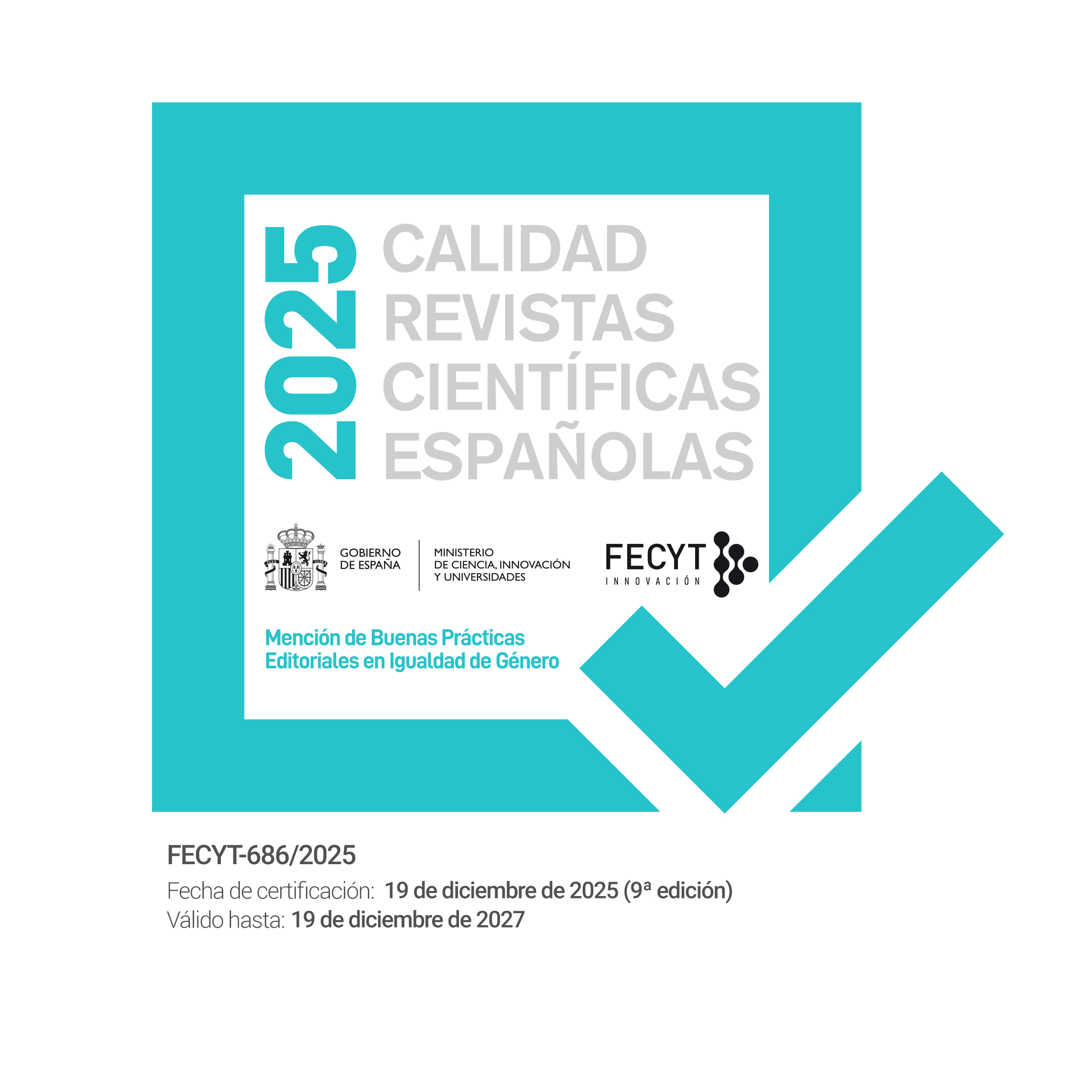Educational interactions of parents with hearing-impaired children: A review from the perspective of the parent’s auditory status
DOI:
https://doi.org/10.55414/d2e7yh32Abstract
The aim of this article is to revise the characteristics of the educational interactions of parents with children with hearing loss. For it, we distinguish among the families in those that the parents are listeners of those in those that the parents also suffer audition losses. The analysis of the peculiarities of the educational interactions in both types of families throws remarkable differences, mainly related with the quality of the stimulation of the development that is provided to the children, more positive in general lines in the families in those that parents and children are deaf. The factor that explains the differences among both families is the difference or similarity of auditory status between parents and children. The difficulties derived of the difference of auditory status are overcome when parents and children have a common code of communication that is good as vehicle for their interactions.Downloads
Download data is not yet available.
Downloads
Published
12/07/2004
Issue
Section
Research articles
License

This work is licensed under a Creative Commons Attribution-NonCommercial-NoDerivatives 4.0 International License.
How to Cite
Muñoz Silva, A., & Jiménez Morago, J. M. (2004). Educational interactions of parents with hearing-impaired children: A review from the perspective of the parent’s auditory status. Apuntes De Psicología, 22(2), 213-226. https://doi.org/10.55414/d2e7yh32



























